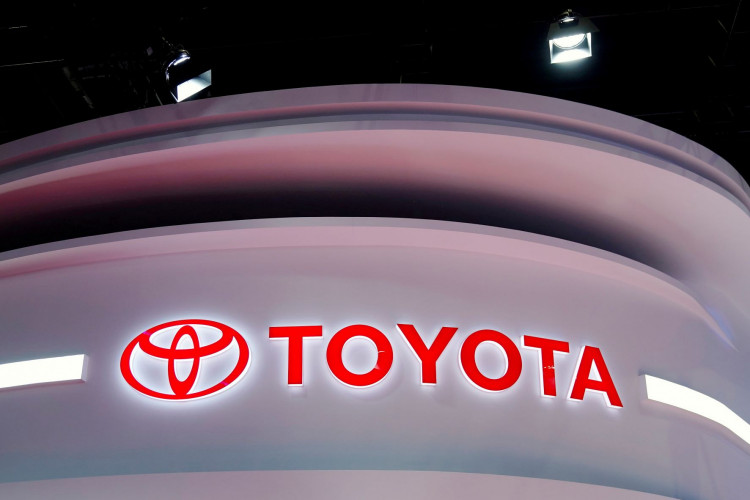Toyota Motor's quarterly operating profit took a 42 percent fall, which was 42 percent worse than anticipated, on Thursday, as the Japanese manufacturer was pushed by supply restrictions and rising expenses.
The company's operating profit for the three months ended June 30 decreased to $578.66 billion yen ($4.3 billion) from $997.4 billion yen for the same time a year earlier, ending a string of challenging months.
Due to the worldwide chip shortage and COVID-19 restrictions on Chinese manufacturers, it has frequently reduced its monthly output targets.
Analysts polled by Refinitiv had predicted a 15 percent decline, but the magnitude of the profit decline was significantly greater and appeared to catch the market by surprise.
Following the release of the results, Toyota's stock declined by as much as 3 percent. Despite the dismal quarter, the manufacturer maintained its full-year operational profit goal and production target of 9.7 million vehicles.
A Toyota spokeswoman stated that the company's profit in the first quarter of the fiscal year was negatively impacted by supply restrictions, fewer sales, and an increase in material costs.
Toyota, like other automakers, is dealing with increasing expenses and fears that global inflation will dampen consumer demand.
However, Toyota's recent manufacturing challenges represent a change from its early success in overcoming supply chain issues during the early stages of the pandemic.
Due to chip shortages and the impact of COVID-19 lockdowns in China, the automaker reduced its monthly production objectives three times during the April-June quarter, falling 10 percent shy of its initial plans.
Shares of the company which were down 0.5% prior to the earnings announcement, extended losses shortly after and were down 2.3% at 2,106 yen as of 04:00 GMT.
Analysts polled by Refinitiv had predicted a 15 percent reduction in earnings, but the magnitude of the loss appeared to catch investors by surprise. Toyota's stock continued to decline, falling 3%.
Following the dismal quarter, the manufacturer maintained both its full-year operational profit prediction and its intention to produce 9.7 million vehicles this year, citing robust residual demand.
A Toyota spokeswoman stated that the company's quarterly profit was impacted by supply bottlenecks, fewer sales, and higher material costs.
The representative stated that delivery timeframes for electric vehicles are greater since they require more chips.
Toyota, like other automakers, is dealing with increasing expenses and fears that global inflation will dampen consumer demand.
Due to chip shortages and the impact of COVID-19 lockdowns in China, the automaker reduced its monthly production objectives three times.






